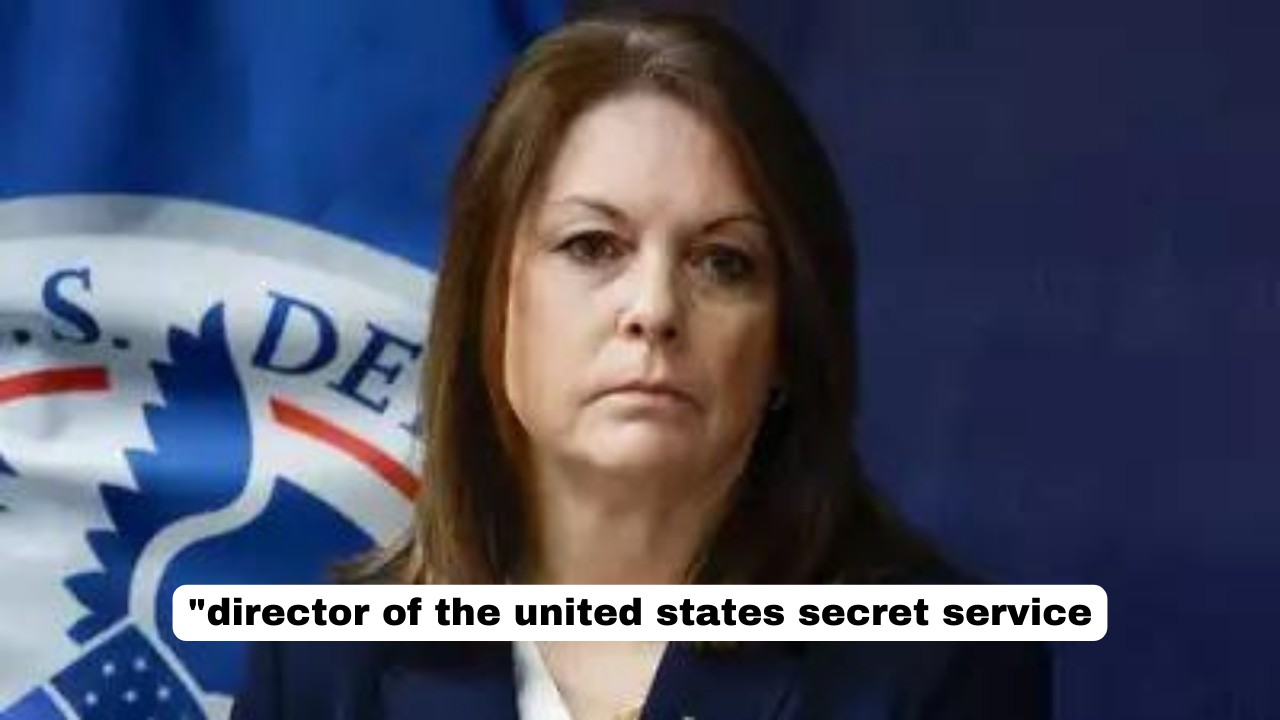The Director of the United States Secret Service holds one of the most critical positions within the federal government, responsible for safeguarding the nation’s financial infrastructure and protecting its highest leaders. This article delves into the extensive duties, historical significance, and current challenges faced by the Director of the Secret Service, with insights into the leadership of Kimberly Cheatle and recent developments.
Table of Contents
The Historical Evolution of the Secret Service
The United States Secret Service was established in 1865 as a federal law enforcement agency primarily tasked with combating counterfeit currency. Over the years, its mission expanded significantly. The assassination of President William McKinley in 1901 prompted Congress to assign the Secret Service the duty of protecting the President of the United States. This pivotal shift marked the beginning of the dual mission that defines the agency today: protecting national leaders and ensuring the integrity of the nation’s financial systems.
The Director’s Role and Responsibilities
Leadership and Administration
The Director of the United States Secret Service oversees all aspects of the agency’s operations. This includes strategic planning, resource allocation, and policy development. The Director must ensure that the agency operates efficiently and effectively, upholding the highest standards of professionalism and integrity.
Protection of National Leaders
One of the primary responsibilities of the Director is to manage the protection of the President, Vice President, their families, and visiting foreign dignitaries. This requires meticulous planning, coordination with other law enforcement agencies, and the ability to respond to a wide range of security threats. The Director must also ensure the safety of major national events, such as presidential inaugurations and state funerals.
Financial Crimes and Cybersecurity
In addition to protective duties, the Secret Service plays a crucial role in investigating financial crimes, including counterfeiting, credit card fraud, and cybercrimes. The Director must lead efforts to combat these threats, leveraging advanced technology and forging partnerships with other federal agencies and private sector entities.
Kimberly Cheatle: A Visionary Leader
Kimberly Cheatle’s appointment as the Director of the United States Secret Service marks a significant milestone in the agency’s history. She brings a wealth of experience and a forward-thinking approach to the role. Her leadership is characterized by a commitment to modernization, inclusivity, and resilience.
Background and Experience
Cheatle’s career with the Secret Service spans over two decades, during which she has held numerous leadership positions. Her expertise in both protective and investigative operations has equipped her with a comprehensive understanding of the agency’s multifaceted mission. Prior to her current role, Cheatle served as the Assistant Director of Protective Operations, where she was responsible for overseeing the safety of national leaders and critical infrastructure.
Strategic Initiatives
Under Cheatle’s leadership, the Secret Service has embarked on several strategic initiatives aimed at enhancing its operational capabilities. These initiatives include the adoption of cutting-edge technology, strengthening cybersecurity measures, and expanding training programs for agents. Cheatle’s vision emphasizes the importance of adaptability in an ever-evolving threat landscape.
Challenges and Future Directions
The Director of the United States Secret Service faces numerous challenges, from emerging cyber threats to the complexities of ensuring the safety of national leaders in a highly polarized political climate. Addressing these challenges requires a proactive and innovative approach.
Cybersecurity Threats
With the increasing prevalence of cyberattacks, the Secret Service’s role in protecting the nation’s financial infrastructure has become more critical than ever. The Director must prioritize cybersecurity initiatives, investing in advanced technologies and fostering collaboration with cybersecurity experts across the public and private sectors.
Political and Social Unrest
The current political climate presents unique challenges for the Secret Service. Ensuring the safety of national leaders amidst political and social unrest requires meticulous planning and coordination. The Director must navigate these complexities while maintaining the agency’s nonpartisan stance.
Modernization Efforts
To remain effective, the Secret Service must continually evolve. Modernization efforts under Cheatle’s leadership focus on enhancing operational efficiency through technology and process improvements. These efforts are essential for the agency to effectively address contemporary security threats.
Conclusion
The Director of the United States Secret Service plays a vital role in safeguarding the nation’s leaders and financial systems. Kimberly Cheatle’s leadership marks a new era for the agency, characterized by innovation, resilience, and a commitment to excellence. As the Secret Service continues to evolve, its mission remains as crucial as ever in protecting the pillars of American democracy.
